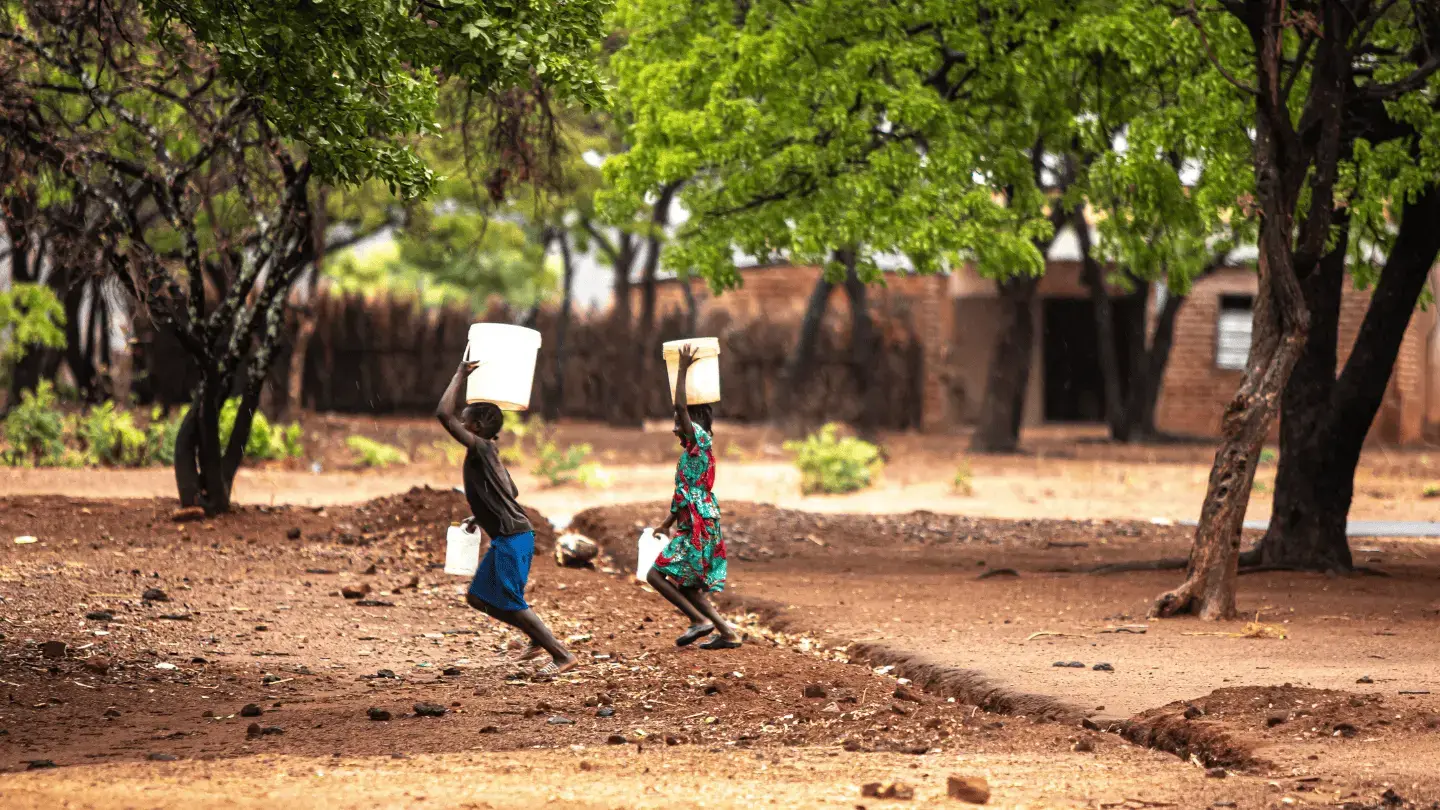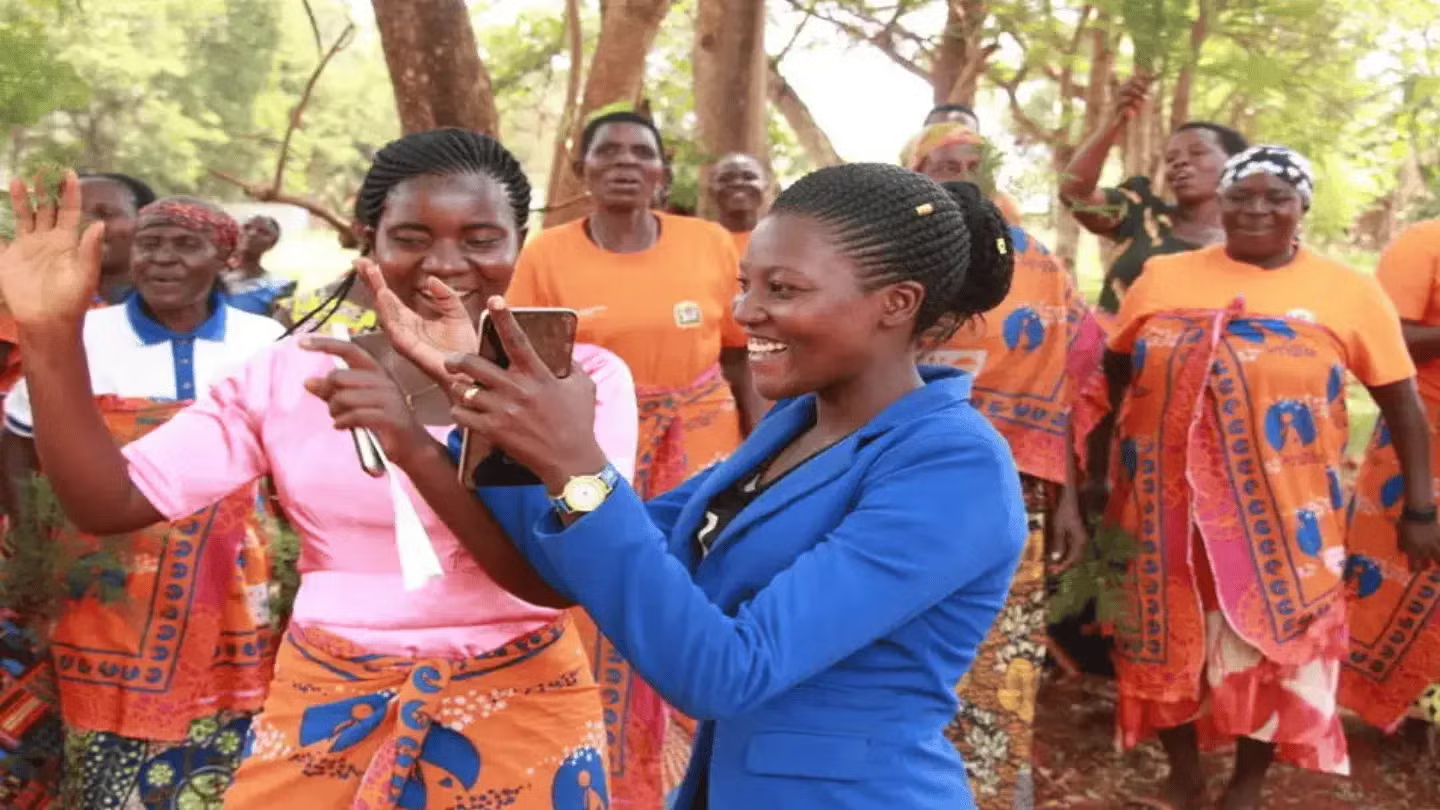Governments are duty-bound to ensure the safety of their citizens by ensuring the quality of medicines, medical devices and other products that are shipped to their countries, including condoms. This duty is shared by all development partners, including UNFPA, who procure commodities for countries. To this end, stringent measures are taken to ensure that commodities procured for distribution to recipient countries are of the highest quality possible.
Several countries in East and Southern Africa (ESA) have started post-shipment testing of condoms that are procured from WHO/UNFPA pre-qualified suppliers and had also undergone the mandatory pre-shipment quality compliance testing. These countries include Kenya, Rwanda Uganda and Zimbabwe. Of further concern is the finding of the Rapid Assessment of CCP and RHCS conducted by the UNFPA East and Southern Africa Regional Office in May/June 2011, that a total of thirteen countries would require post-shipment testing of condoms irrespective of their being sourced from pre-qualified suppliers, with nine countries requiring both pre- and post-shipment inspection. This is contrary to current global guidelines and systems used by UNFPA and WHO as well as manufacturers of condoms.
To this end, UNFPA convened a meeting of respective regional economic commissions (RECs), national regulatory authorities and UNFPA country offices to generate consensus on post-shipment testing of condoms in the region, in Nairobi, Kenya from 1–2 August 2012. The meeting was attended by regulatory authorities and national delegates, as well as EAC, IGAD and SAD and partners.
A position paper was agreed and disseminated to RECS, all ESA countries and partners.
UNFPA East and Southern Africa Regional Office (ESARO), is to host a follow-up meeting in Johannesburg, South Africa from 21–24 April 2013.
2. To identify country-specific actions to facilitate the harmonization process;
3. To review the possibility of implementing a regional condom security working group.




